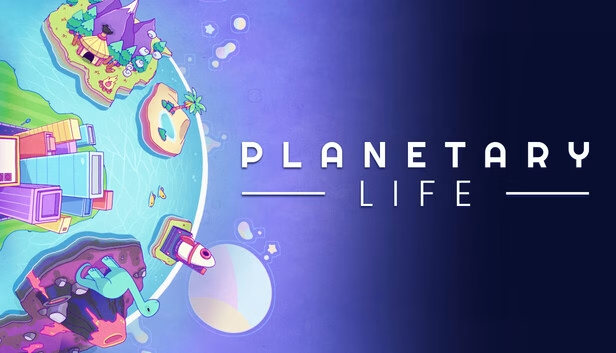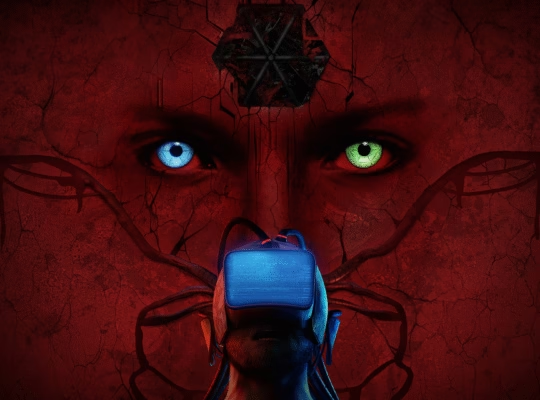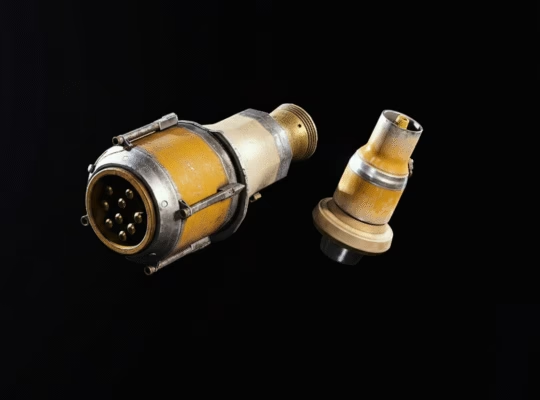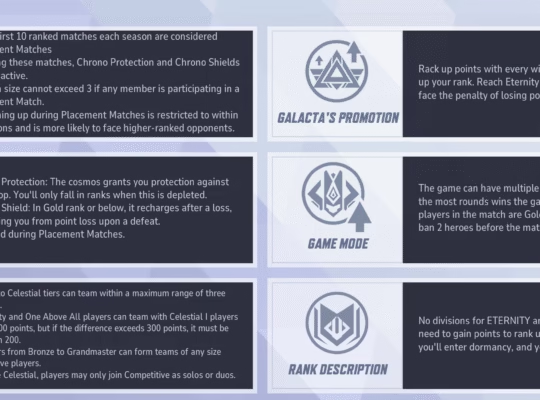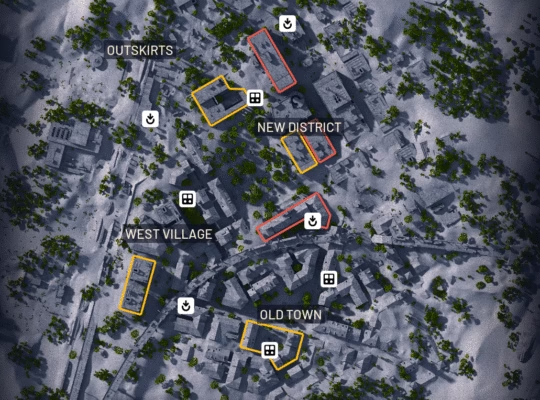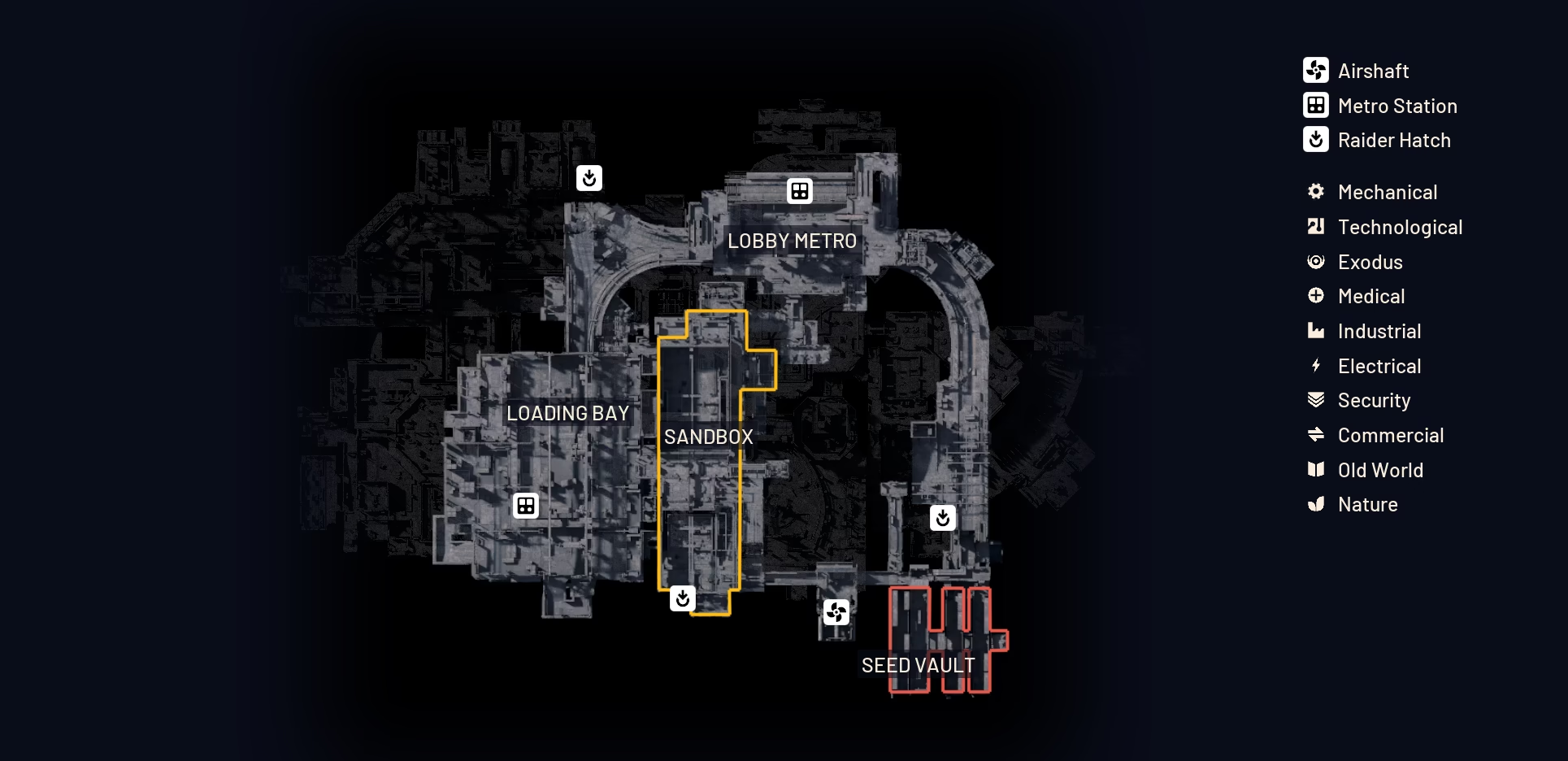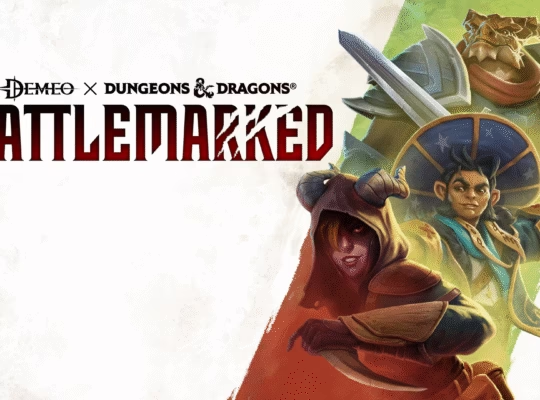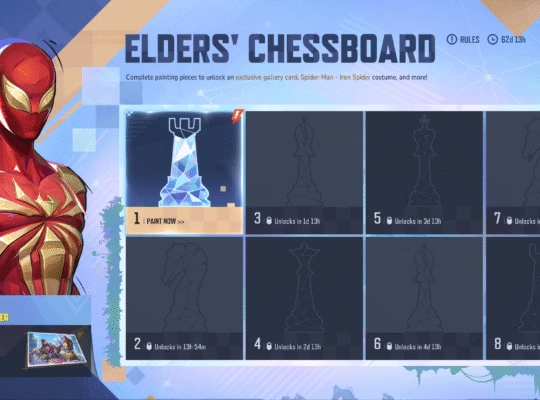As a writer for RivalSector, I have seen a lot of games that promise the moon and the stars, but few actually manage to deliver. When I first heard about Planetary Life, I was immediately intrigued. A god-game about shaping an entire planet and its ecosystem, from the ground up, sounded like a dream come true. For anyone who grew up with games like Spore or SimEarth, this game scratches an itch that has been neglected for far too long. However, I have to be honest, as a solo-developed passion project, it has its fair share of growing pains.
Planetary Life, which was released on Steam in an Early Access state on August 14, 2025, is the brainchild of a solo developer named Pitxardo. The game is built on the Godot engine, and honestly, the technical achievement here is remarkable. Pitxardo has managed to create a fully procedural planet simulation, which allows you to manipulate everything from the core temperature and volcanic activity to the atmosphere and rainfall. It is a level of detail that I really appreciate.
I spent a significant amount of time in the sandbox mode, just tinkering with a planet and seeing what would happen. It’s truly a zen-like experience, and the game’s chill, cosmic soundtrack only adds to that feeling. There is a learning curve, however, as you need to understand the complex interplay between the different systems. For example, if you want to create a lush, thriving ecosystem, you cannot just crank up the rainfall, you need to ensure the core heat is stable and the tectonic plates are moving in a way that creates a diverse landscape. It is a satisfying puzzle to solve.
The Gameplay Loop and Creature Creation
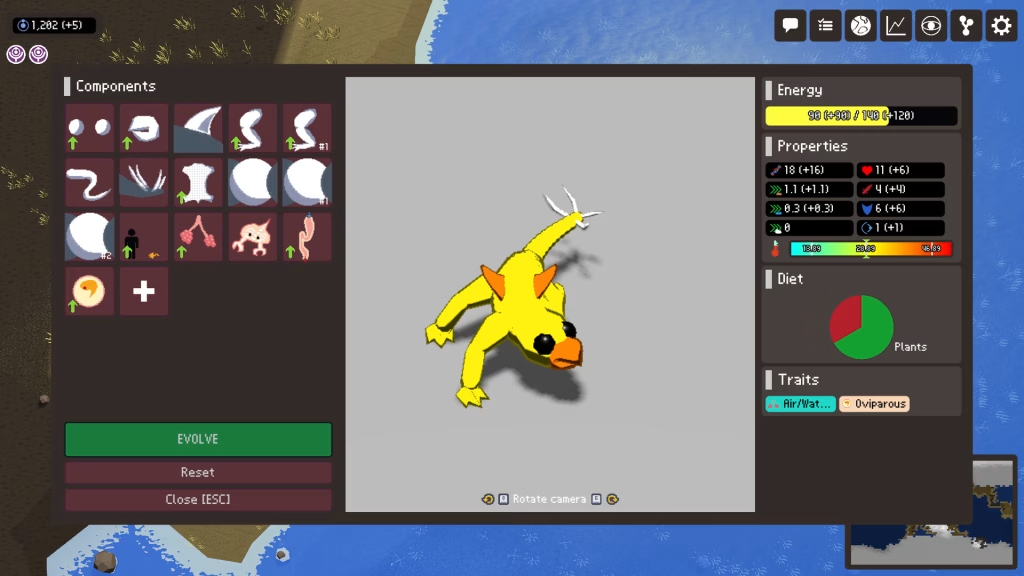
The core loop of Planetary Life is split into two main parts, first, you are a god shaping a planet, and second, you are a geneticist, manipulating life itself. I found the planet-shaping tools to be intuitive and engaging. You can use comets to add water, alter atmospheric composition to affect temperature, and even manually raise or lower landmasses. The way these changes ripple across the entire planet is fascinating to watch. My personal favorite part is watching a once-barren rock transform into a vibrant world teeming with life.
Once you have a habitable planet, the real fun begins. You can introduce lifeforms using the “cell stage,” which is where you create new species by combining different cell types. From there, you can guide their evolution, adding new components like fins for aquatic life, or legs and wings for land and air creatures. This part of the game feels very much like an advanced version of Spore’s creature creator, and it is a lot of fun. I spent hours just creating weird and wonderful creatures, from a “crocodile butterfly” that dominated the seas to a species of aquatic plants with long, winding stems.
Here is a breakdown of some of the key features that I have spent the most time with:
| Feature | Description | My Experience |
| Planet Generation | Procedural planet generation with modifiable climate and geology. | This is the standout feature for me. The level of control is excellent, and seeing the planet dynamically change is incredibly rewarding. |
| Creature Evolution | Create and evolve creatures from the cellular level to complex organisms. | The creature creator is a highlight. I love the freedom to design whatever I can imagine, but the UI can be a little clunky at times. |
| Ecosystem Simulation | Manage the balance between fauna and flora to prevent extinctions. | The simulation is deep. I once caused a mass extinction event by introducing an apex predator too early, a humbling experience. |
| First-Person View | Walk on your planet to see your creations up close. | This is a great feature for immersion, but it can be a bit janky right now. I hope the developer refines it over time. |
Early Access, A Double-Edged Sword

As with any Early Access title, Planetary Life is not perfect. The community has been very vocal about some of the issues, and I have experienced them myself. One of the main complaints is the stuttering, especially when something new happens, like a meteor strike or a major planetary event. The developer has acknowledged this is a shader compilation issue and is working on a fix, but it is something to be aware of.
Another major point of discussion in the community is the lack of a “civilization” stage. The developer has stated this is a planned feature for a future major update, but its absence feels a bit like a missing piece of the puzzle. The game’s progression feels somewhat incomplete without the ultimate goal of seeing your creations evolve into intelligent beings. It is a shame because the foundation is so strong, but I have faith that Pitxardo will deliver on this promise.
The game also has some minor user interface issues that I found to be a bit frustrating. The menus can feel nested and require a lot of back and forth clicking, which interrupts the otherwise smooth flow of the game. For example, when evolving a creature, you have to click apply and back repeatedly. It is a small thing, but it adds up over time.
Despite these issues, the community’s reception has been largely positive. Gamers on Reddit and Steam have praised the game’s potential and its unique blend of simulation and creativity. Here are some of the things that players love:
- The chill and relaxing atmosphere.
- The deep simulation mechanics.
- The creative freedom in designing creatures.
- The fact that it is a solo-developed project with a clear roadmap.
- The nostalgia it evokes for fans of classic god games.
Final Thoughts
So, is Planetary Life worth your time and money? For fans of the god-game or simulation genres, especially those who have been longing for a spiritual successor to Spore or SimEarth, my answer is a resounding yes. It is a genuinely unique and relaxing experience, offering a level of creative freedom that is rare in modern gaming. While it is still in Early Access and has some technical rough spots and missing features, the passion of the solo developer is evident in every aspect of the game.
I am excited to see how this game evolves over time. Pitxardo has a clear roadmap, and if the promised updates, including the civilization stage, are implemented well, this game could become a truly special title. It is a refreshing departure from the cookie-cutter games we so often see, and I highly recommend supporting this project. It is a testament to what a single dedicated person can achieve in the world of game development. If you are looking for a game to lose yourself in for a few hours, shaping a world of your own design, then look no further. Also, don’t forget to check out our Gaming Insights category and the latest preview of the game Keeper.


